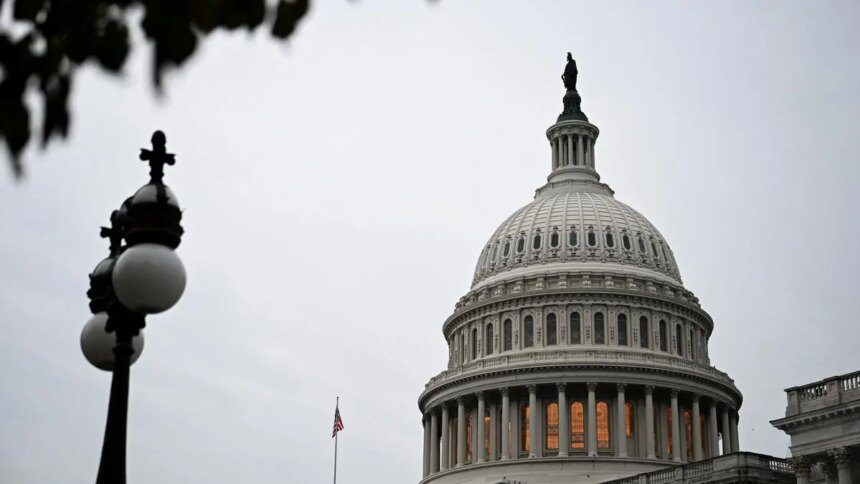A U.S. government shutdown poses a significant threat to the IPO market’s anticipated revival, coinciding with a surge in investor interest and successful public offerings. As of September 30, 2025, the shutdown partially halted government operations due to ongoing partisan divisions that prevented Congress and the White House from reaching a funding agreement.
The Securities and Exchange Commission (SEC) is operating on a limited staff, focusing only on essential functions, which means it will cease processing IPO filings. Companies like Once Upon a Farm, a baby food company co-founded by actress Jennifer Garner, and electric aircraft manufacturer Beta Technologies find themselves in limbo as a result of this impasse.
The IPO window in the fall had shown promise, with a series of successful listings raising optimism for 2025 as a potential banner year after nearly three years of market stagnation due to high interest rates and volatility. “A shutdown grinds the SEC to a halt, which means no prospectus reviews, no comments cleared and no green lights for going public,” observed Michael Ashley Schulman, partner and CIO at Running Point Capital Advisors. He characterized the situation as “bureaucratic purgatory at the worst possible time.”
As of September 29, U.S. IPOs had raised $52.94 billion across 263 listings, marking the highest figures since 2021, according to Dealogic. Major listings this year included LNG giant Venture Global, buy-now-pay-later lender Klarna, and AI cloud firm CoreWeave. Other significant companies like life insurer Ethos Technologies have also recently filed for IPOs, though representatives from these firms had yet to comment on the situation.
The pipeline for the remainder of 2025 and into 2026 features several high-profile potential issuers, including medical supplies giant Medline, SoftBank-backed PayPay, and corporate travel management platform Navan. Matt Kennedy, a senior strategist at Renaissance Capital, noted that even deals that were nearing completion are now being delayed. “If it lasts more than a week, the IPO market will grind down to a halt, cutting short the rebound we were expecting,” he stated.
Historically, government shutdowns are typically short, though the longest occurred over 35 days during late 2018 and early 2019 under President Donald Trump. At that time, the IPO market nearly came to a standstill, although some companies managed to secure IPO prices ahead of the shutdown, allowing them to proceed despite the SEC’s limitations.
The ongoing IPO freeze could impact Wall Street broadly, leading to delays for banks and restricting listing fees for exchanges. Nonetheless, some analysts suggest that the IPO market could bounce back similarly to 2019, fueled by a strong demand from investors, substantial inflows into IPO-focused funds, and impressive after-market performance. Lukas Muehlbauer, a research analyst at IPOX, indicated that a prolonged shutdown could dampen market sentiment and induce volatility, but the fall season typically represents a robust window for IPOs capable of overcoming a temporary setback. Anthony Saglimbene, chief market strategist at Ameriprise Financial, concluded, “IPO activity should be pretty solid and dominate any near-term hiccups around a shutdown.”
Published on October 1, 2025.










